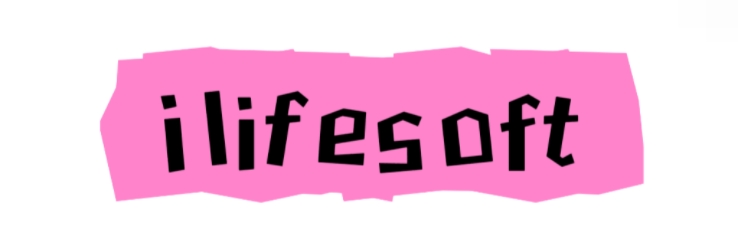10 Questions You Should Know About CNC Milling Techniques
Oct. 15, 2024
Understanding CNC Milling Techniques
CNC milling has emerged as a cornerstone technique in modern manufacturing, answering ten critical questions about its applications, efficiency, and impact on industries today. By exploring these questions, we can gain insight into the capabilities of CNC milling and its profound implications for production quality and cost-effectiveness.
What is CNC Milling?
CNC milling is a subtractive manufacturing process that utilizes computer-controlled machines to cut materials into precise shapes and sizes. This technique enables high levels of accuracy and repeatability, which are essential for creating intricate components used in various industries, including aerospace, automotive, and electronics.
How Does CNC Milling Work?
The process begins with a digital design, often created using CAD software. This design is then translated into G-code, which dictates the motions of the milling machine. The machine's cutting tools remove material from the workpiece, controlled by the computer to ensure precision.
What Materials Can Be Used?
CNC milling is versatile, capable of working with metals, plastics, wood, and composites. The choice of material significantly influences the finished product's properties and its eventual applications, highlighting the importance of selecting the right material for specific projects.
What Are the Advantages of CNC Milling?
One of the most significant advantages is the ability to produce complex geometries with minimal human intervention. CNC milling reduces waste through its efficiency and maximizes production speed, leading to lower manufacturing costs and shorter lead times.
Are There Limitations?
Despite its advantages, CNC milling does have limitations. It can be less economical for producing very small quantities due to setup costs. Moreover, certain designs with intricate internal features might be challenging to achieve without additional processes.
What Industries Use CNC Milling?
CNC milling is utilized across various sectors. In aerospace, for instance, it produces lightweight yet strong components, while in the automotive industry, it creates parts that require stringent safety standards. The versatility of CNC milling allows it to cater to diverse manufacturing needs.
How Does CNC Milling Compare to Traditional Milling?
Traditional milling relies heavily on manual operation, which can introduce variability and errors. In contrast, CNC milling systems provide consistent, repeatable results that enhance overall quality. This automation also reduces the time spent on each project, optimizing workflow efficiency.
What is the Future of CNC Milling?
Advancements in technology continually push the boundaries of CNC milling. Innovations like AI and machine learning are expected to enhance predictive maintenance and improve workflow, potentially leading to even greater efficiencies and capabilities in the near future.
Why Is It Important to Understand CNC Milling?
Understanding CNC milling is critical for anyone involved in manufacturing or engineering. This knowledge allows businesses to leverage the technology effectively, streamline operations, and remain competitive in the increasingly complex landscape of global production.
In conclusion, CNC milling techniques represent a significant advancement in manufacturing technology. By answering these ten questions, we can appreciate not just the technical aspects but also the broader implications this technology has on efficiency, quality, and innovation in various industries.
If you are looking for more details, kindly visit aluminium rod rewinding machine, scrap shredder, portable shredders.
89
0
0

Comments
All Comments (0)